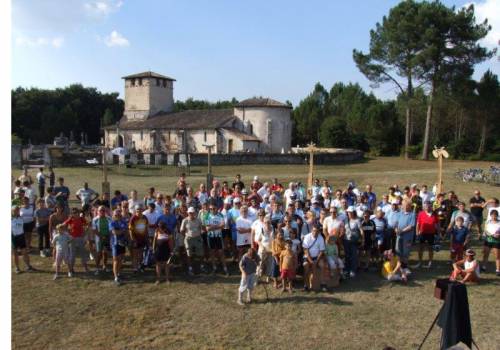What is a Regional Natural Park?

A Regional Natural Park is an inhabited rural area that is nationally recognised for its valuable local heritage and landscape, but also for its fragility. Such parks lean on extensive sustainable development plans allowing the protection and promotion of their resources.
What is the purpose of such a park?
The purpose of a Regional Natural Park is to protect and promote the natural resources, human resources and cultural heritage by implementing an innovative and environmentally-friendly policy of land-use planning and economic, social and cultural development.
What roles does it play?
The roles of a Regional Natural Park are:
- to protect and manage natural resources, landscapes and cultural heritage
Regional Natural Parks focus on compatibly managing rural spaces, maintaining biological diversity, preserving and promoting the local natural resources, landscapes and award-winning features, enhancing and invigorating their cultural heritage.
- to participate in land-use planning
As an integral part of national and regional planning policies, Regional Natural Parks contribute to defining and positioning the developments of its territory so they respect
the environment.
- to foster economic and social development
Regional Natural Parks lead and coordinate economic and social actions enhancing natural and human resources to ensure quality of life and environmentally-friendly
development.
- to provide education and information
Regional Natural Parks foster contact with nature, raise environmental awareness among their inhabitants, and encourage visitors to know more about their region through educational, cultural and tourist activities.
- to encourage experimentation
Regional Natural Parks contribute to research programmes and work on new procedures and work methods that can be applied to other regions, both in France and abroad.